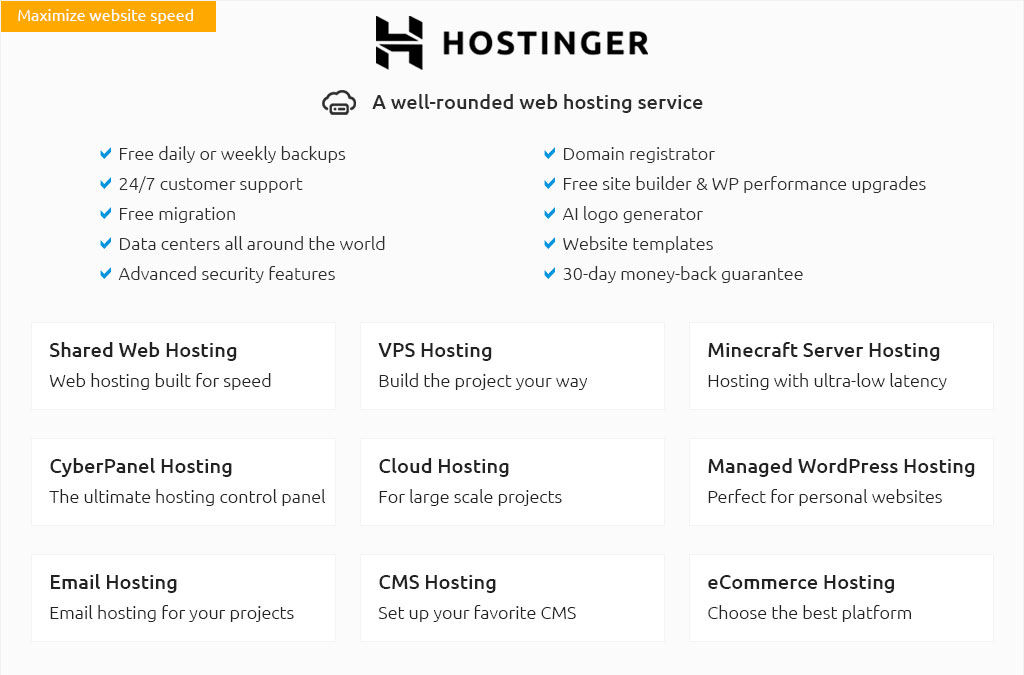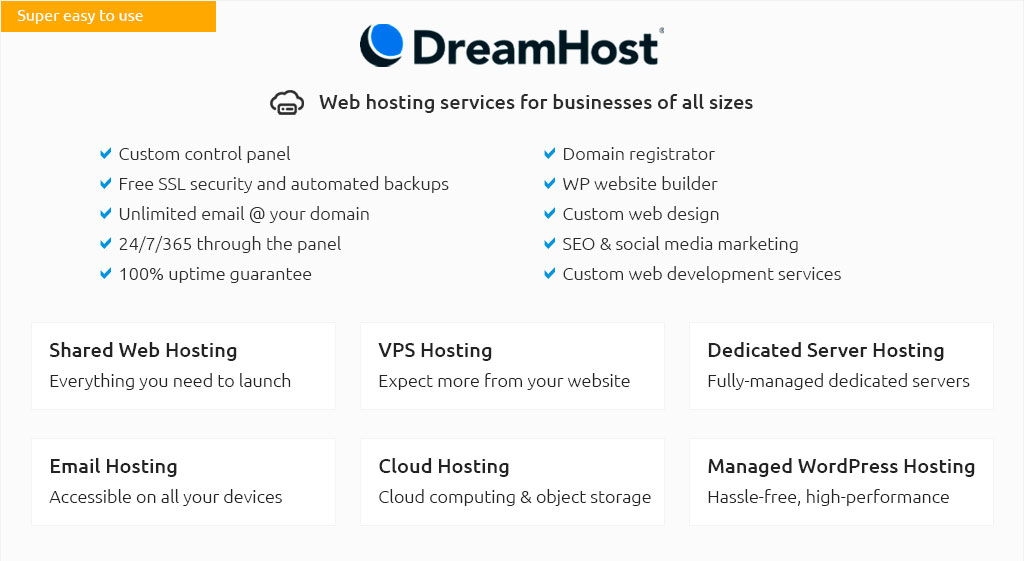 |
|||
 |
 |
 |
|
 |
|
 |
 |
 |
|||
 |
|||
 |
|||
 |
|||
 |
 |
Exploring the World of GPU Dedicated Server Hosting: A Comprehensive AnalysisIn today's rapidly evolving technological landscape, GPU dedicated server hosting has emerged as a pivotal solution for businesses and individuals seeking high-performance computing capabilities. This hosting option leverages the power of Graphics Processing Units (GPUs), traditionally used for rendering graphics, to accelerate a variety of computational tasks, offering unprecedented speed and efficiency. As we delve into this topic, we'll explore the pros and cons of GPU dedicated server hosting, providing a nuanced perspective that can help potential users make informed decisions. One of the primary advantages of GPU dedicated server hosting lies in its remarkable processing power. GPUs are designed to handle parallel processing tasks exceptionally well, making them ideal for applications such as machine learning, data analysis, and 3D rendering. For businesses involved in artificial intelligence and deep learning, the ability to process large datasets quickly is invaluable. Additionally, the scalability of GPU servers allows businesses to adjust resources according to demand, ensuring cost-effectiveness without compromising on performance. Moreover, the flexibility offered by GPU dedicated servers is noteworthy. Users have the freedom to customize their server configurations to meet specific needs, which is particularly advantageous for industries with unique computational requirements. The availability of various GPU models also means that users can select hardware that best suits their applications, whether it's for high-frequency trading or scientific simulations. However, it's crucial to consider some potential drawbacks associated with GPU dedicated server hosting. One notable concern is the cost. The initial investment for setting up a GPU server can be substantial, which might be a barrier for small businesses or startups with limited budgets. While the long-term benefits often outweigh the initial costs, it's essential to assess financial capabilities before committing. Another consideration is the complexity involved in managing and maintaining GPU servers. These systems require specialized knowledge to optimize performance and troubleshoot issues effectively. Companies may need to invest in skilled IT personnel or training programs to ensure smooth operation, adding to the overall expense.
In conclusion, GPU dedicated server hosting stands as a powerful tool in the arsenal of businesses that require high-performance computing. Its ability to handle complex tasks with speed and precision makes it an attractive option for industries ranging from finance to entertainment. However, potential users must weigh the benefits against the financial and operational challenges. For those who can navigate these complexities, the rewards are substantial, paving the way for innovation and competitive advantage in an increasingly data-driven world. https://hostadvice.com/dedicated-servers/gpu-server-hosting/
Our experts identified the best GPU dedicated server hosting providers for enhanced computational power. Perfect for demanding tasks. https://www.databasemart.com/gpu-server?srsltid=AfmBOopUQgMBp7TGBulJNNuWRPp_WRsBeNgferi4e0TpDMOAd-pdthC2
Discover affordable GPU hosting solutions with our dedicated server rentals. Experience high performance and reliability for your computing needs today. https://www.leaseweb.com/en/products-services/dedicated-servers/gpu-server
The GPU Dedicated Servers from Leaseweb are suitable for AI, Machine Learning, Video, Graphics, VR, and more. Fully customizable and high-performance.
|